Has 'Poor Urbanisation' Fuelled Religious Revivalism?
Bangalore is a tremendous hub of technological innovations, frustrated by an ineffective state. Getting around the city is fraught with frustrations: car horns blare, while roads are either blocked with traffic, or deep underwater. Urban governance is a major challenge, worldwide, because towns and cities are expanding at lower levels of wealth.
‘Poor urbanisation’ means that municipalities lack resources to provide essential services or impartial rule of law. The net result is stressful noise, traffic congestion, corruption, criminality, contagious disease, and distrust. This may be fuelling demand for religious rituals and moralising supernatural punishment.
Drawing on anthropology, psychology, neuroscience, public health and economics, this essay examines the cultural effects of ‘poor urbanisation’:
Population expansion triggers stress
Religious rituals evolved to promote large-scale social cohesion
Fear of moralising supernatural punishment further strengthened cooperation
‘Poor urbanisation’ means inadequate core services and weak rule of law.
Traffic and noise pollution are extremely stressful.
Urban density and diversity (amid weak governance) are associated with distrust.
Religion can be attractive
Stresses, strains and threats all seem to encourage religosity.
When permitted by institutions, cultural entrepreneurs can respond to demand for greater religiosity.
Where rule of law is weak, oaths are sworn by ‘Big Gods’
Putting this evidence together, ‘poor urbanisation’ may have encouraged religiosity. Urban density, diversity, traffic congestion, corruption, and low-level criminality are all immensely stressful, and associated with distrust. This may have fostered desire for religious rituals and moralising supernatural punishment.
Population expansion triggers stress
Whenever groups expand in size, primates feel stressed, uneasy, and prone to conflict. Primates are so stressed by living in large groups that they actually become infertile. The stress destabilises female menstrual endocrinology, causing anovulatory menstrual cycles.
Population expansion is also very stressful for humans, since one is surrounded by unknown others whom one is inclined to distrust. Among the San in Namibia, common complaints include jealousy, stinginess, refusal to share, and non-fulfilment of kinship obligations.
Religious rituals evolved to promote large-scale social cohesion
Deep in our evolutionary past, humans culturally innovated to mitigate the stresses and strains of population expansion - explains Robin Dunbar. Laughing, singing, dancing, emotional storytelling, communal eating and drinking all trigger the release of endorphins, promoting social bonding. The endorphin effect actually increases by 100% when people exercise together.
Synchronous, communal rituals thus enabled large-scale, in-group cooperation. Religion evolved to play a similar role, argues Dunbar. It reinforces social ties and prevents fissions - either via fears of supra-natural punishment or religious rituals that create a sense of belonging. Thanks to this cultural innovation, strangers could happily ‘truck, barter and exchange’.
Religious cultural evolution thus occurred alongside socio-economic complexity and urban population growth. Prophet Muhammad was a true pioneer. In an anarchic desert, without a state, he united the tribes under the banner of Islam.
Fear of moralising supernatural punishment further strengthened cooperation
Ara Norenzayan offers a slightly different theory of religion. He argues that belief in ‘Big Gods’- deities who are all-knowing, powerful, and morally interested in human behaviour - enabled population expansion by promoting pro-social behaviour, while discouraging cheating and free-riding. Fear of supernatural punishment motivated cooperation, even in situations where they might otherwise be unobserved. Societies with Big Gods were able to grow larger and become more complex, as they could better maintain social order and cooperation among diverse populations.
This is highly plausible, though I should add that both Hinduism and Confucianism lack Big Gods yet have seen massive imperial expansion. ‘Moralising supernatural punishment’ may be a better term for Hinduism, as it incorporates laws of karma. And one should also recognise that Chinese spirituality can include folk religions, including ‘Gods of Hell’ (shown after the Medieval Christian paintings below).

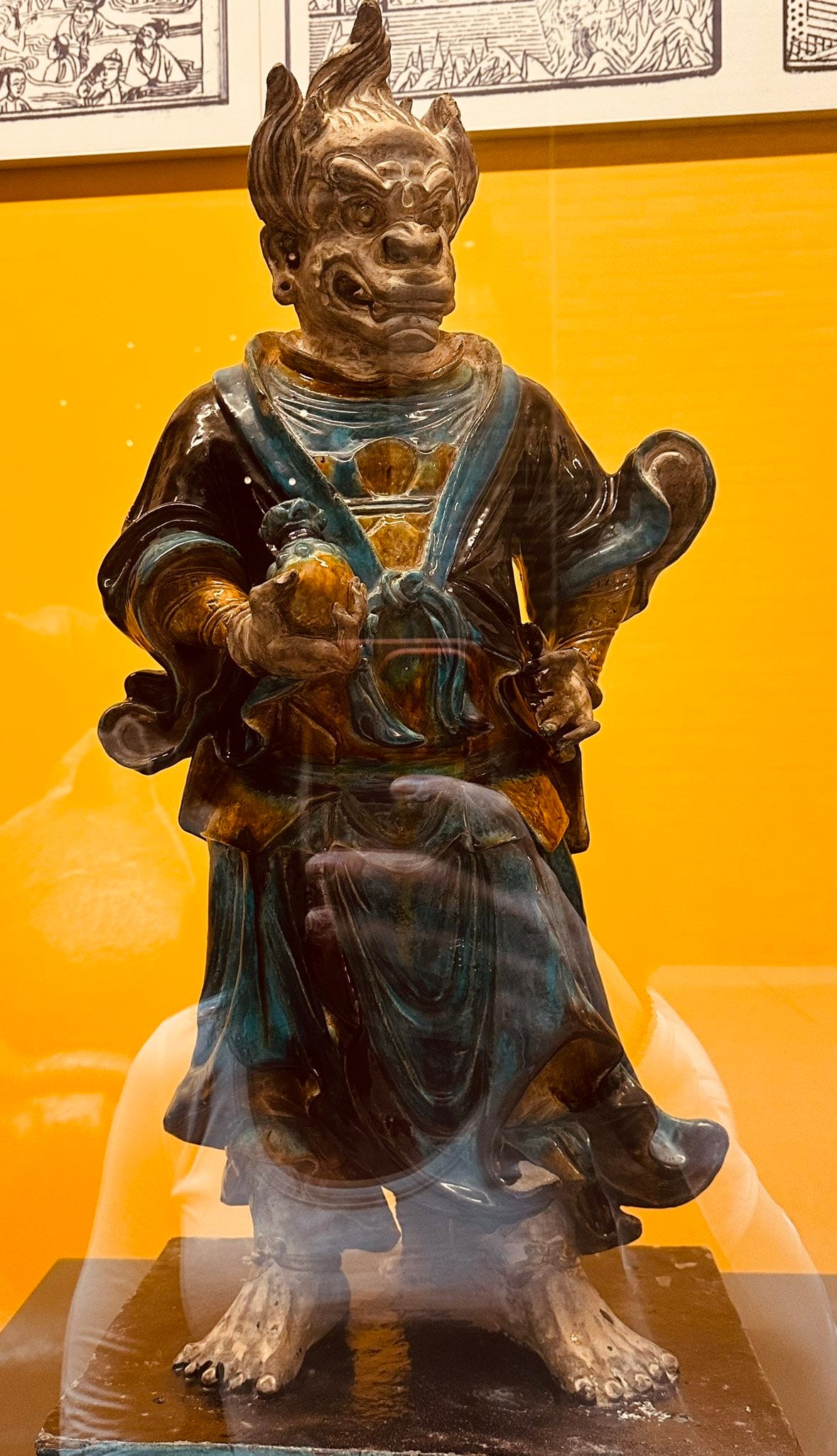
‘Poor Urbanisation’
Fast-forward to the 20th century, much of the world is still struggling with the stresses and strains of urban density and diversity. As Ed Glaeser explains, countries are now urbanising at much lower levels of wealth. Without requisite finances, municipalities can neither afford core services nor enforce rule of law. As Glaeser warns, this creates all the problems of the density and diversity, without the requisite institutions.
Badly governed cities are extremely stressful, such as via traffic, noise pollution and rampant criminality.
Traffic is extremely stressful
Everyday, two million cars jam Cairo’s highways, honking and hooting. Poorly governed roads are rife with terrible driving, risky over-taking, unruly lorries, weaving tuk-tuks and overloaded donkeys. As Shounaz Mekky laments, it’s ‘like navigating through hell’. The average daily noise in Egypt’s capital is the equivalent of being 15 feet from a freight train.
“The noise bothers me and I know it bothers people, said taxi-driver Abdel Khaleq.
“So why do you do it?”
“Well, to tell you I’m here,” he said. “There is no such thing as logic in this country.”
Then he drove off, honking.
The trend is global. Rapid urbanisation and increased car ownership has made cities extremely noisy, especially if states are ineffectual and traffic laws are widely ignored.
Noisy traffic elevates anxiety, annoyance and depression
A growing body of empirical research shows that chronic exposure to traffic noise can impact the central nervous system and increase susceptibility to mental health conditions such as depression, anxiety, and suicide. Animal studies similarly indicate that noise exposure can cause neuro-inflammation, oxidative stress, and changes in brain regions associated with anxiety and depression-like behaviour.
Noise-induced stress responses involve activation of the hypothalamic-pituitary-adrenal (HPA) axis and sympathetic nervous system, leading to increased stress hormones, pro-inflammatory cytokines, and neuroinflammation. This can disrupt the blood-brain barrier and impair synaptic signalling.
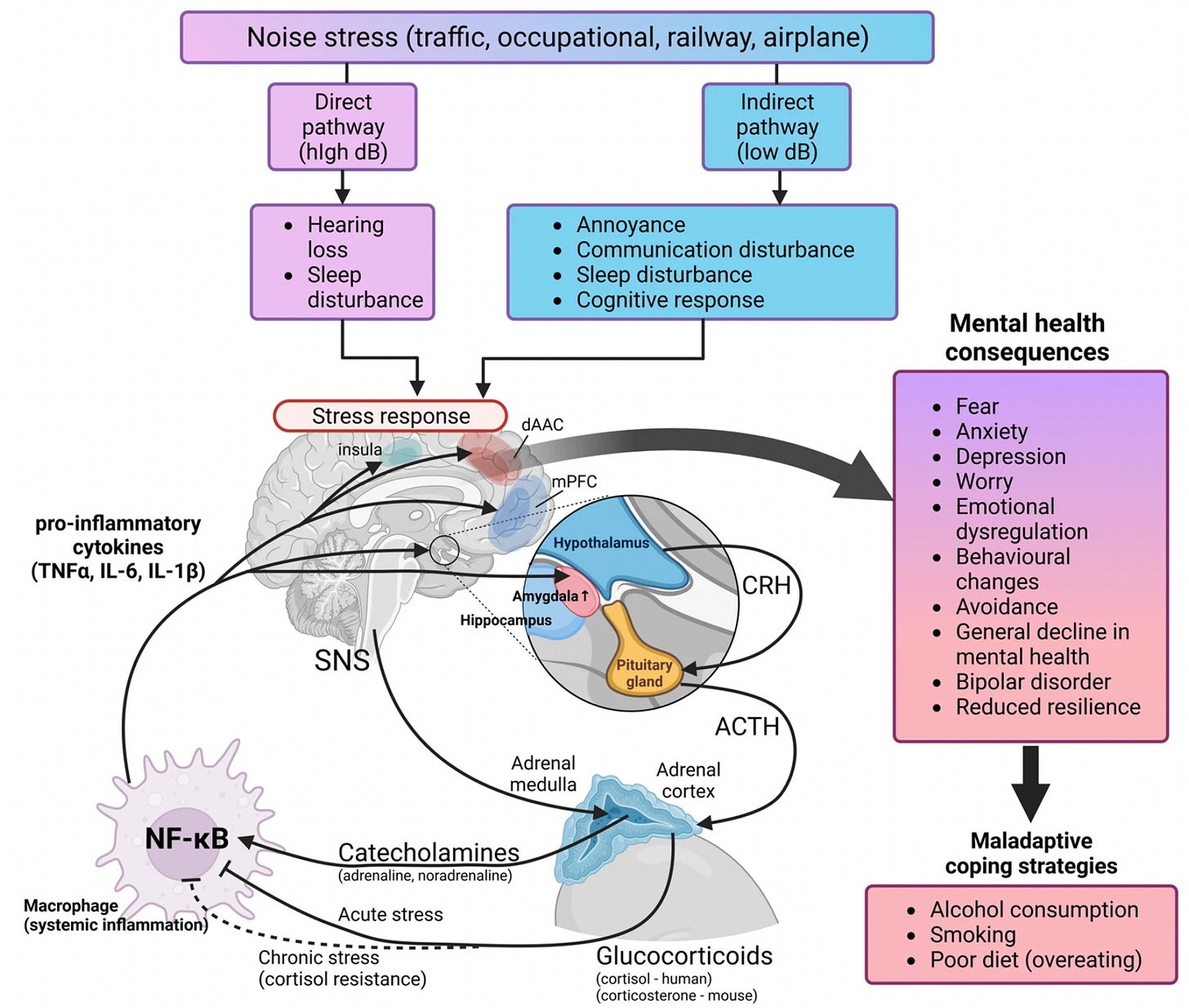
Long-term exposure to noise can cause annoyance, sleep disturbance, and cognitive impairment in children. It also negatively affects the cardiovascular and metabolic system.

In Western Europe, traffic noise may be responsible for a loss of more than 1.5 million healthy life years per year - primary because of annoyance, cognitive impairment, and sleep disturbance.

Density and Diversity can heighten Distrust
‘Unity in Diversity’ is the official national motto of Indonesia, but this seems easier said that done. The fourth largest country in the world comprises 1,340 ethnicities, and is now 60% urban. Diverse groups are increasingly living in close proximity, amid poor service provision and weak contract enforcement. Growing density and diversity are both associated with distrust.
Andrea Civelli, Arya Gaduh, Alexander Rothenberg, and Yao Wang find that greater density leads to lower trust in neighbours, as well as reduced community participation. Moving from an average suburban neighbourhood to one near the city center reduces trust by 0.25 standard deviations and participation by 0.15 standard deviations. The negative effects of density are actually larger for more educated and higher-income individuals, suggesting crowding in dense areas may be especially exhausting. The effects are also more pronounced in cities with high crime.
Dimitris Mavridis examines the relationship between ethnic diversity and various measures of social capital in Indonesia. Diverse districts have lower trust, lower willingness to help, less perceived safety, lower likelihood of a lost wallet being returned, and lower participation in community activities and voting.
Indonesia fits a global trend. Trust has plummeted across the Islamic world, just 15% of respondents said people are trustworthy.
Density and diversity are not inherently problematic. But if people with strong family bonds and weak generalised trust move to megacities, while municipalities fail to provide core services or enforce rule of law, this all seems to exacerbate distrust.
Religion can be very attractive
In Egypt today, 63% of women and 44% of men recently felt like ‘everything was an effort’. This indicates high stress.
Ahmed (a young man from Cairo) told me that he really enjoys going to the mosque as it is always so peaceful and tranquil. Imams teach that our time on earth is temporary, ‘just a drop in the ocean’; one can easily endure this short hardship, and be rewarded by Allah. What really matters is paradise (janat). Ahmed really enjoys religious rituals, and wants other people to fear God, so that they behave properly.
Religion offers different perks for different people, including:
Hope;
Self-worth through doing God’s work;
Calm tranquility;
Community belonging through collective rituals;
Closeness with God;
Member-only club benefits, secured by publicly signalling commitment;
Marriage market offers, by signalling chastity and obedience;
Social approval, achieved by conforming with a crowd that is increasingly pious.
The photos below - of Muslim worshippers performing the Eid Al-Adha prayer at Al-Azhar mosque in Cairo - attest to religious brotherhood and belonging. This is perfectly consistent with Michael Norton’s argument that when people are stressed, they turn to rituals for social belonging.

Stresses and threats raise religosity
A wealth of evidence suggests that economic downturns, natural disasters, epidemics, and conflict motivate demand for social cooperation, cultural tightness, norm policing and strict theology.
In Egypt, ‘modernisation’ became discredited by economic stagnation and defeat by Israel. Clerics declared that economic and military failures were punishments for aping the West, and called on men to restore piety. Alongside rising unemployment, frustrated graduates found solace in religion. The Muslim Brotherhood amassed followers by offering social services and righteous purpose.
In Brazil, economic downturns increased Pentecostalism, but not in areas with better social protection. This short-term negative shock in the 1990s had long-lasting effects on culture and politics, entrenched through public performances and institutions. Pentecostal churches expanded their infrastructure; Pentecostal candidates amassed power and introduced more religious bills; alongside more votes for Bolsonaro.
When Brazilian exports plummeted in the 2010s, affected Evangelicals attended more church services. Signalling commitment enables access to member-only services: health, education, and jobs. Evangelicals increasingly voted against the PT - likely due to persuasion from religious leaders.
Earthquakes increase religosity, especially among districts rarely hit by earthquakes. Pakistanis whose homes were completely damaged by an earthquake were also much more likely to be religious.
War increases religosity. Intense conflict in Uganda, Sierra Leone and Tajikistan drove support for religious groups and rituals. Conceptions of God also seem to change after conflict: people are more likely to see him as punitive. Fear of eternal damnation may preserve order and lower cheating.
COVID-19 induced a massive upturn in prayer. Google searches for prayer (as a share of all searches) searches rose by 30%, the highest level ever recorded.
Ireland was staunchly Catholic: pre-occupied with social respectability, public piety and sexual policing. 37% of the population came to see the Pope in 1979. But Irish people have since secularised. Rising prosperity has since catalysed individualism and secularisation, while free media enabled activists to denounce clergy as abusive hypocrites and campaign for the legalisation of abortion.
When people feel under siege, they seek strength through unity, want norm violators to be punished and gravitate towards supernatural punishment. They demonstrate this through lab experiments, cross-sectional analyses and panel data.
When people’s fears are primed through experimental manipulation, they are more likely to express punitive religious beliefs. Comparing across the US, states with high ecological threats likewise have more punitive religious beliefs. Conflict also seem to change people’s conceptions of God, they are more likely to see him as punitive.
Threats thus appear stimulate demand for norm policing, strict theology and punitive gods.
This emphasis on negative shocks helps explain why weekly prayer is highest in Afghanistan and Sub-Saharan Africa.
Institutions matter
Economic shocks can induce demand for religosity. But religious revivalism may still be repressed - by religious persecution.
Churches and mosques cannot exploit demand for piety when threatened by violent repression (as under the USSR). Fearing incarceration, religious leaders cannot satisfy demand for community belonging nor can they incentivise strictness with member-only benefits. People may well pray at home, discreetly, but this doesn’t catalyse a positive feedback loop. Stamped out of the public domain, others don’t think that piety is necessary for social approval.
Cultural entrepreneurs can only respond to demand for public piety when they are not persecuted by oppressive states. Over the past 10 years in Uzbekistan, women have increasingly veiled both due to widespread demand for religosity and also because they no longer fear state punishment. Institutions matter!

Where rule of law is weak, oaths are sworn by Big Gods
In Nigeria, corruption is rife and rule of law is weak. So how do political leaders offer credible oaths?
President Muhammadu Buhari initially came to power via a military coup in 1983. Returning to office in 2021, he pledged,
When accused of corruption, Nasir El-Rufai (Governor of Kaduna governor) offered to swear on the Quran:
“All those who served as governor of Kaduna state should also come out and swear with the Qur’an that when they were governor, they didn’t take a Kobo. But I can swear with the Qur’an that I didn’t steal anybody’s money”
“For us, leadership is a trust from God and we will give account to God how we manage the trust. So, any amount of money we got from federal allocation, from grants, from Internally Generated Revenue (IGR), we spent it in a way it would benefit the people of Kaduna state”
Pakistan’s criminal justice system is extremely over-stretched and routinely corrupt. Amid weak contract enforcement and rampant criminality, Pakistanis commonly make promises on the Quran. If people cannot trust each other, nor rely on effective states, they call on Allah.

Is ‘poor urbanisation’ is fuelling religious revivalism?
Let me summarise the evidence,
Group expansion is inherently stressful.
Religion may have historically evolved to enable large-scale cooperation.
Cities are currently expanding at lower levels of wealth, without the requisite services or rule of law.
Ungoverned traffic and noise pollution are extremely stressful.
Urban density and diversity (amid weak governance) are associated with distrust.
Shocks, stresses and threats all seem to encourage religosity.
When permitted by institutions, cultural entrepreneurs can respond to demand for religiosity
Where rule of law is weak, oaths are sworn by Big Gods
Putting together all this evidence, I wonder if poor urbanisation encouraged religious revivalism? The two are certainly correlated - both over time and across countries. Egypt, Pakistan, and Indonesia have all experienced ‘poor urbanisation’ and religious revivalism.
High-skilled workers have better labour market opportunities, and can move away from pollution, but less-skilled workers are invariably stuck. Both in China and the US, cities with lower-skilled workers then have less taxation revenue and fail to provide effective services.
Demand is not the whole story. It does not determine the particular expression of religosity. It doesn’t explain the global rise of growth of Salafism or hijab mandates. Equally, if not more, important is the supply-side shock of Saudi-funded Salafism.
My tentative suggestion is merely that poor urbanisation may have encouraged demand for cultural tightness, moralising supernatural punishment, religious rituals, and/or strong leaders.
Rocking Our Priors
Subscribe to my podcast “Rocking Our Priors” as upcoming episodes feature absolutely amazing guests:
Religion and governance - two of the most important features of the 21st century!
Related essays:
Postscript:
I’ve been informed that this argument resonates with Huntington’s “Political Order in Changing Societies”. To my shame, I have not read it, but from the synopsis I realise this Substack is 60 years behind the times ;-)






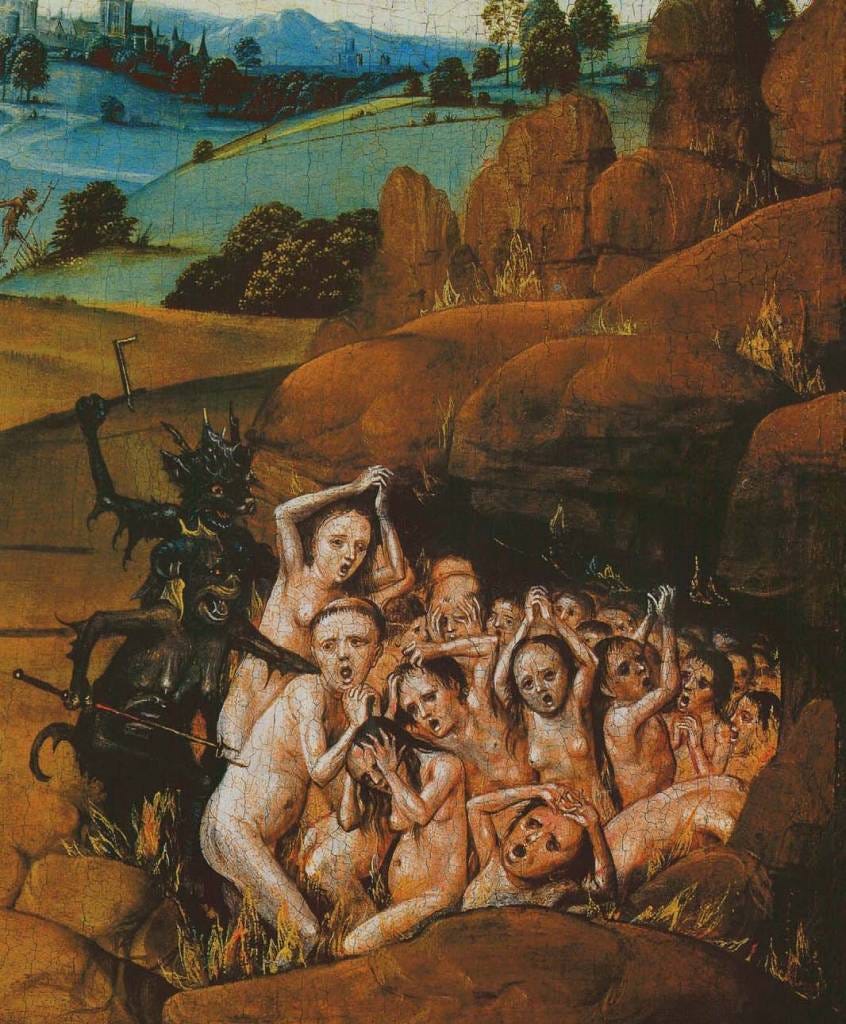
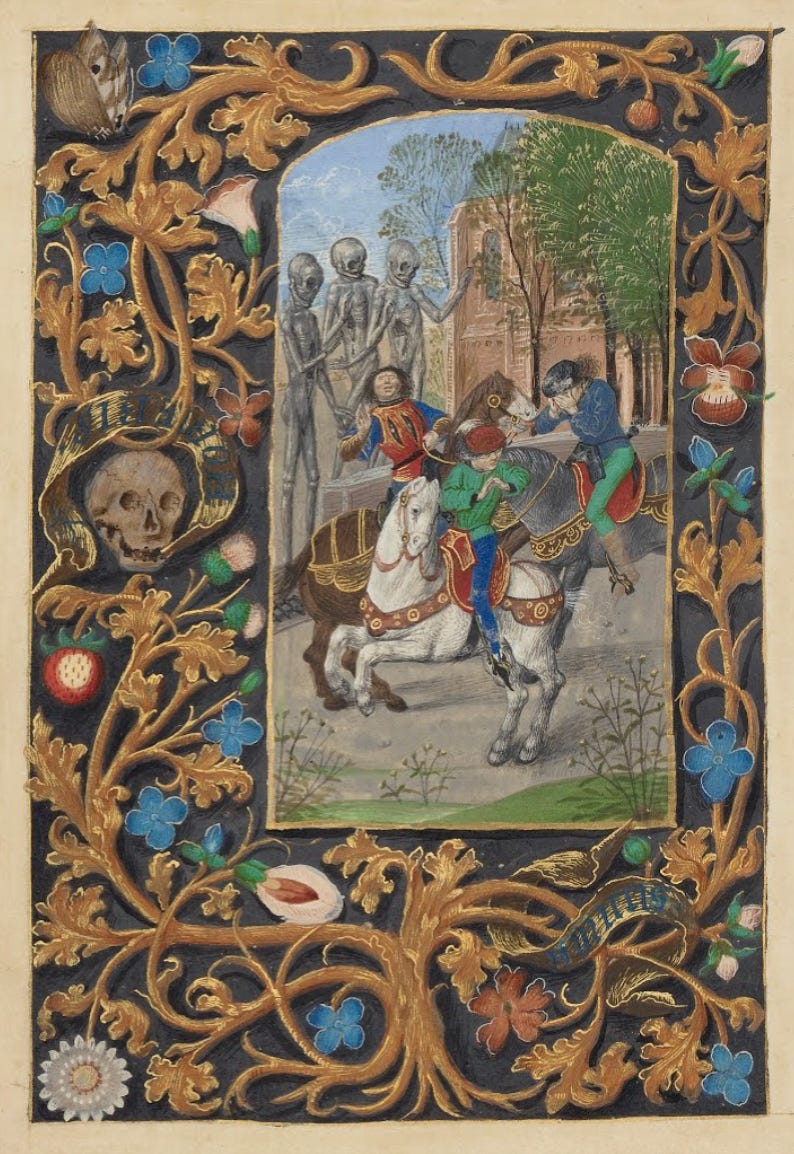


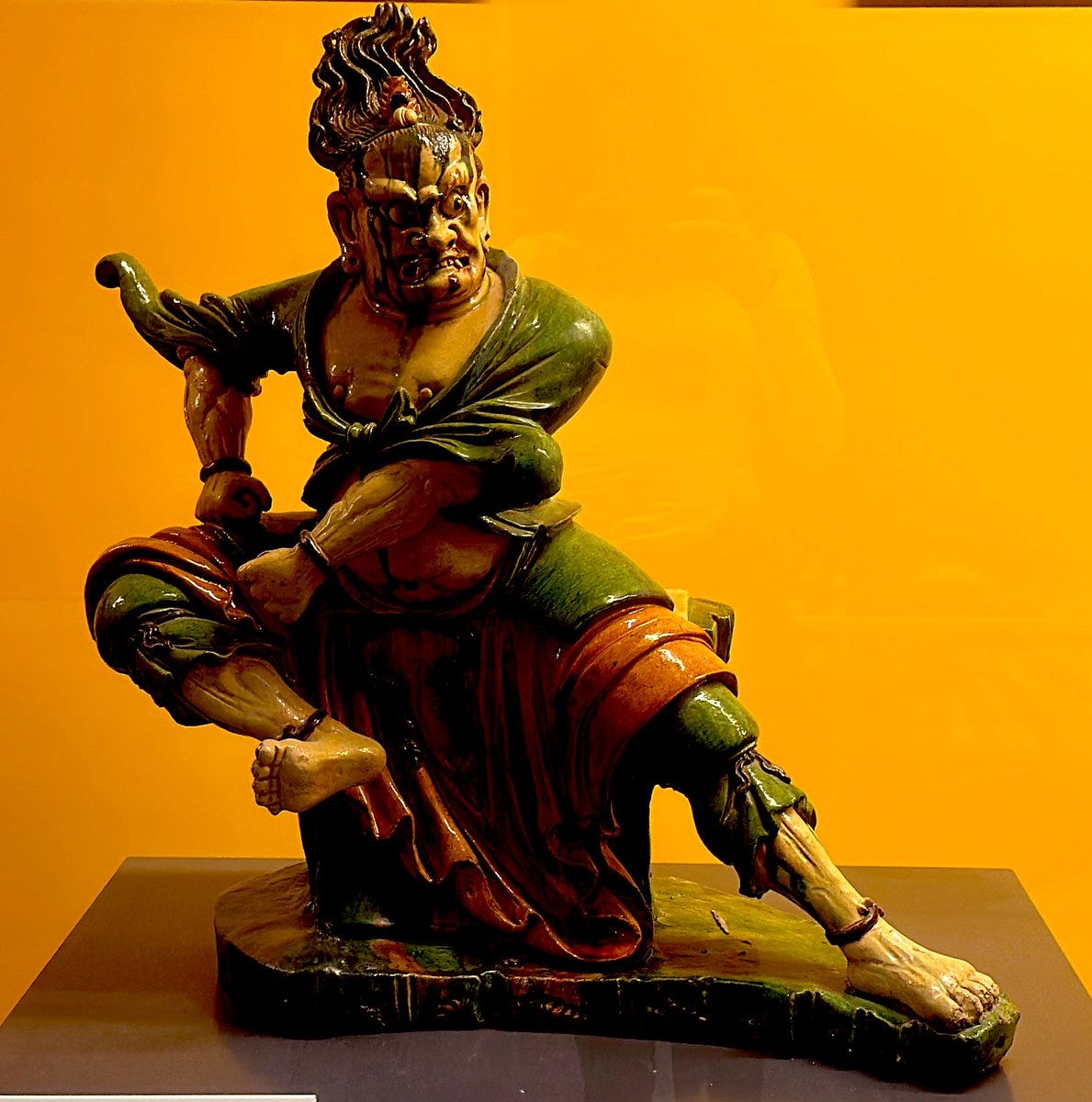

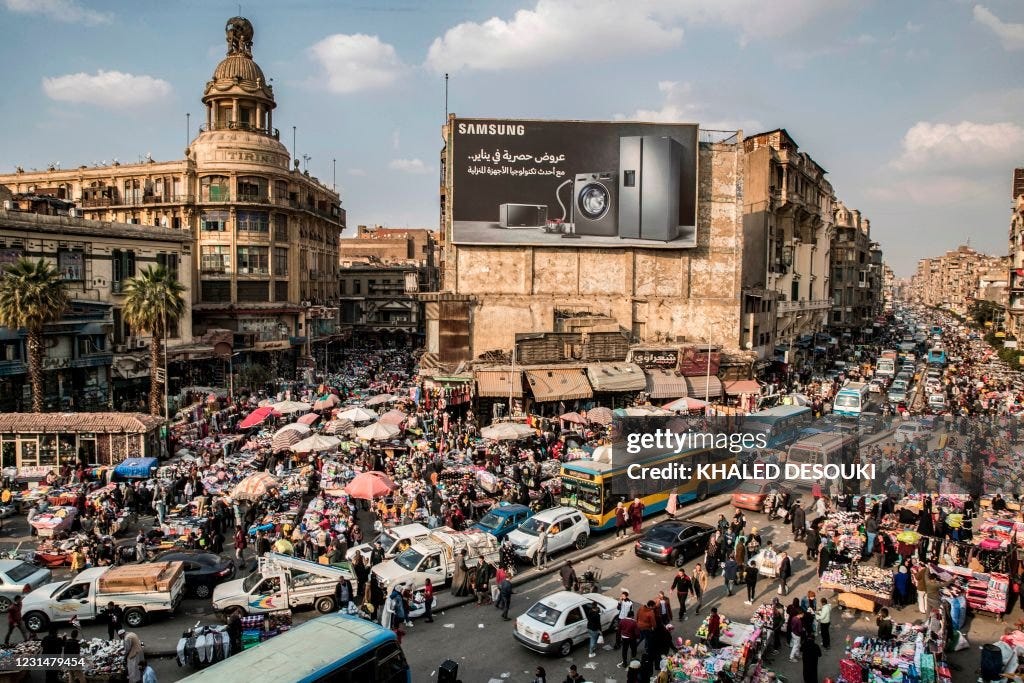







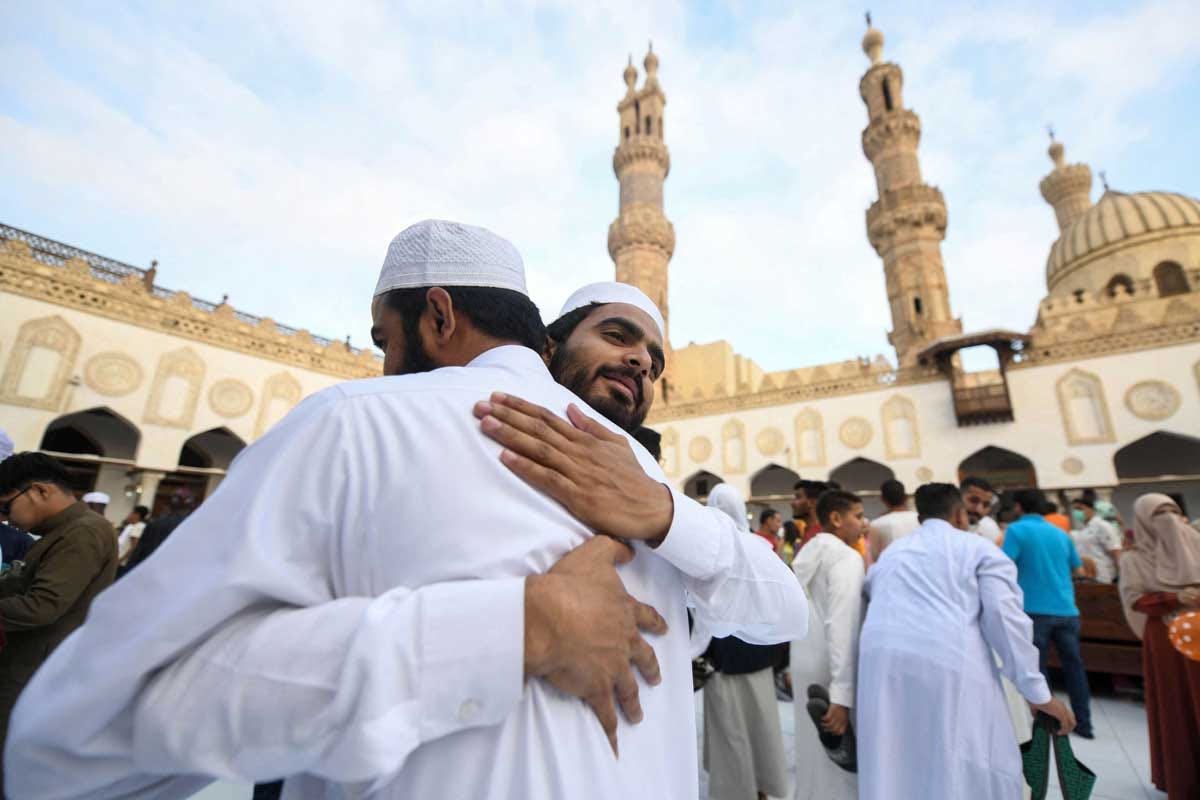


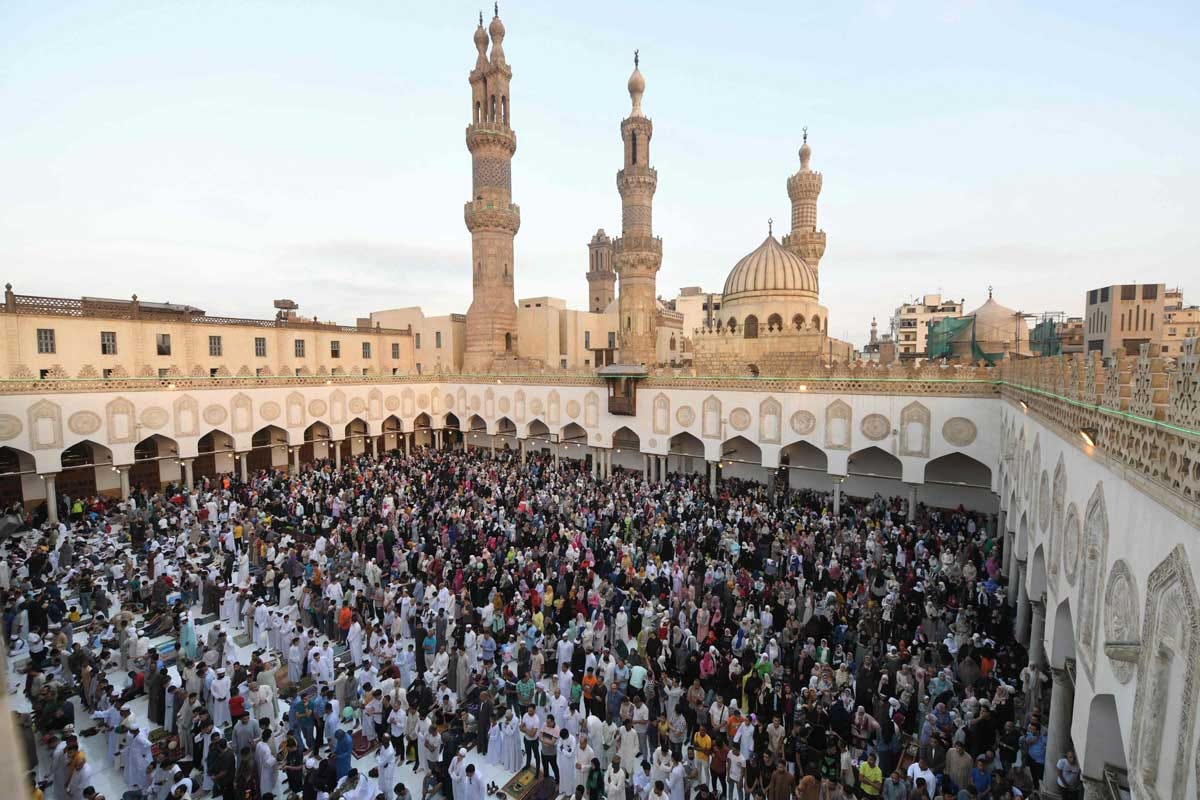
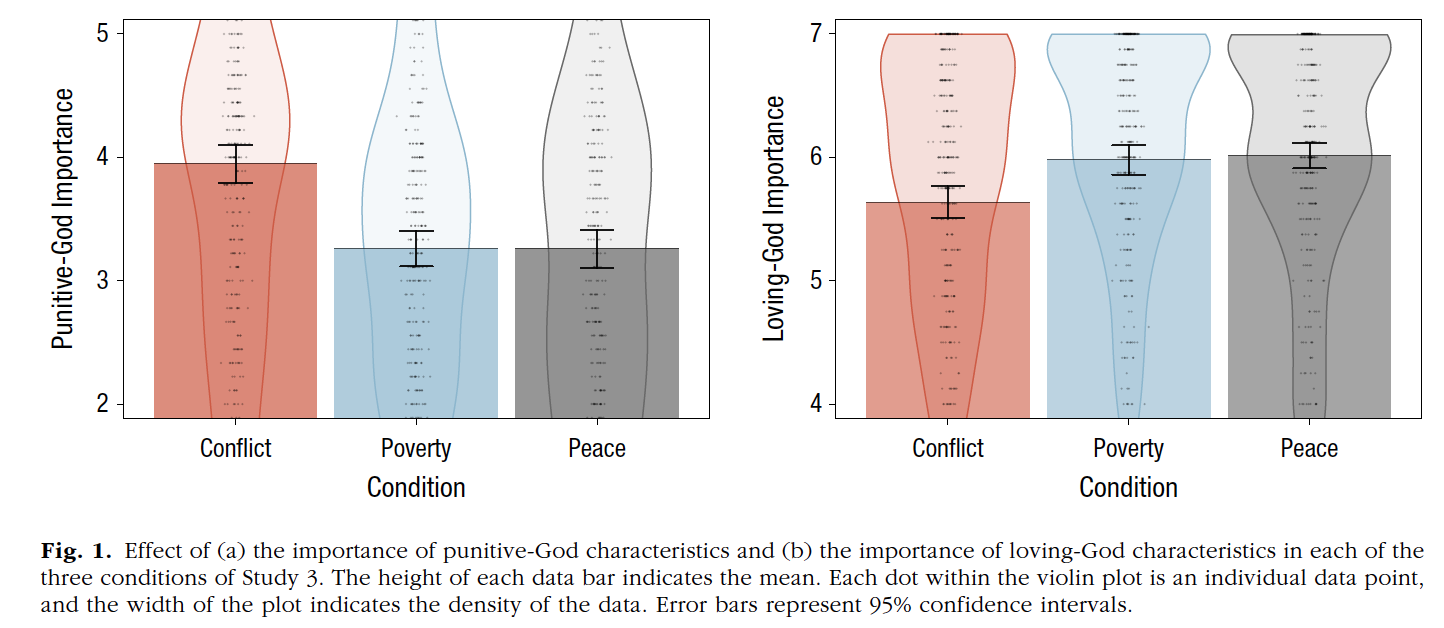


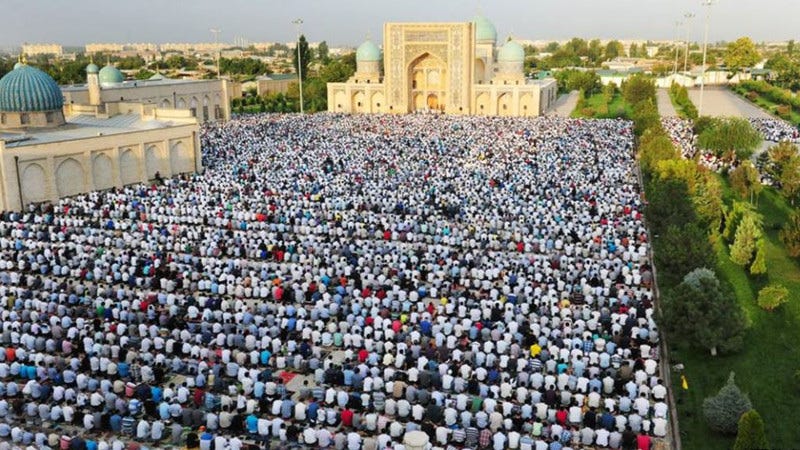

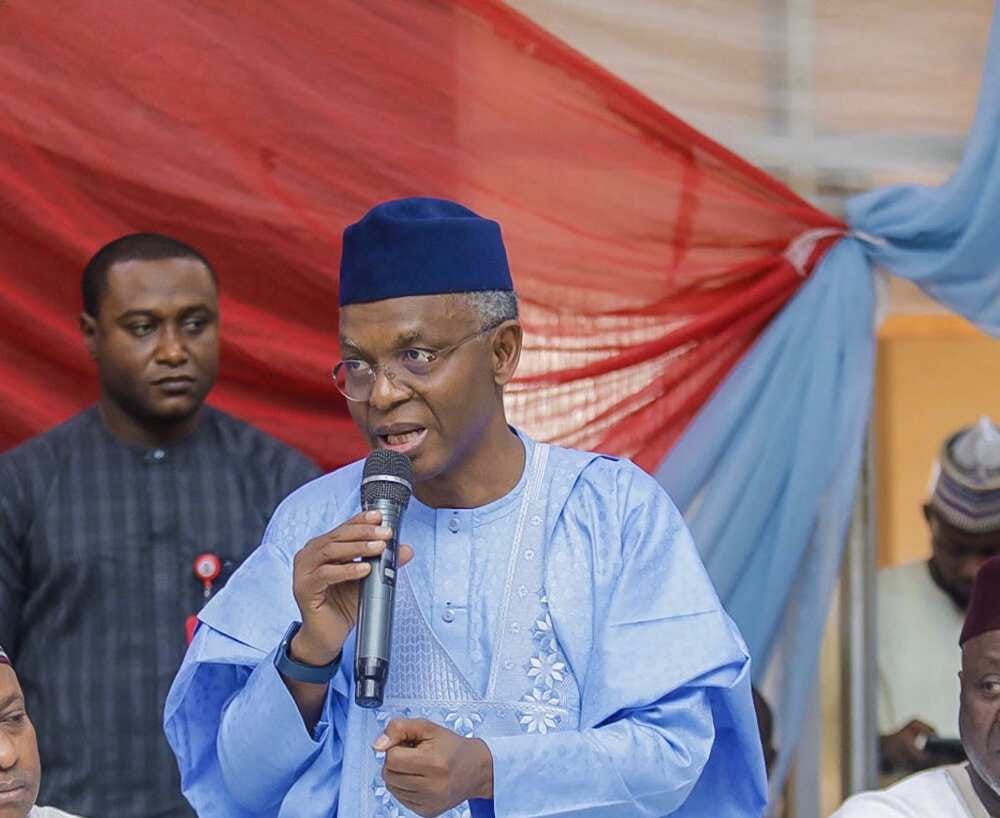
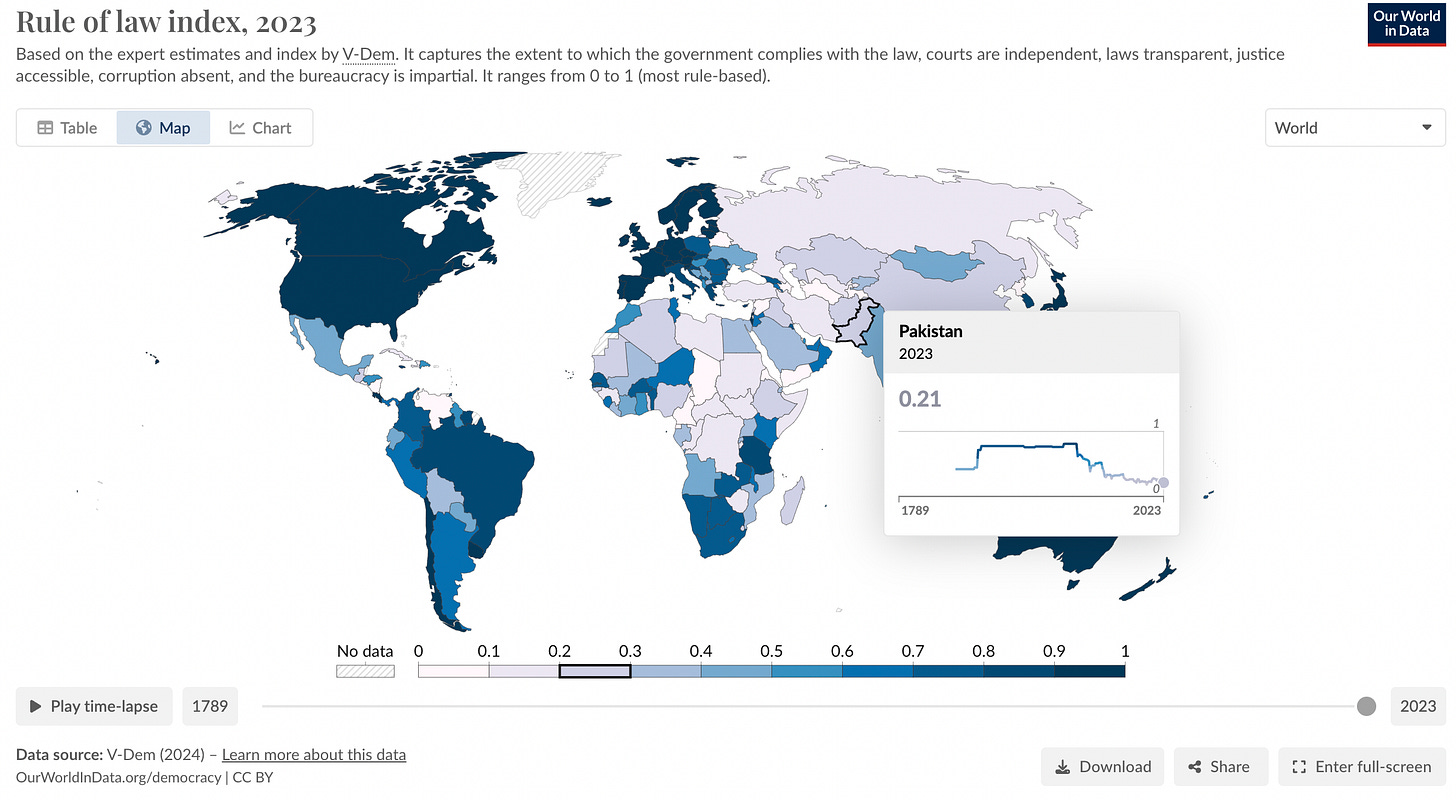
Captivating as always! For this analysis to work, do urban areas need to become more religious than non-urban areas, or become more religious after rapid population growth? Or is more like, the expected secularization that normally comes with urbanization hasn’t happened in many countries, because they urbanized while poor? Also raises the question of why these countries are urbanizing if urbanization hasn’t raised living standards… or maybe it does raise living standards, it just also creates extra chaos that religion helps to mitigate?
Fascinating analysis! I have been saying for years that the Republican party's willingness to sabotage the U.S. economy during a democratic Presidency could benefit them in other ways. People who are financially desperate are more likely to embrace religion, i.e., fundamentalism or Pentacostalism. Also, the right-wing de-funding and denigration of public schools and Universities helps enlarge their base in the long run. Highly educated tend not to vote Republican. We can also contemplate the rising tide of Fascism all over the world. Interesting how Bolsonaro is connected to Pentacostalism in Brazil, Trump with conservative Christians, Modi with chauvinist Hinduism, Putin with the Russian Orthodox. Marriages of convenience! Only in China is religion suppressed across the board. However the CCP is a one-stop-shop for everything: politics, law, religion, education, historical interpretation.